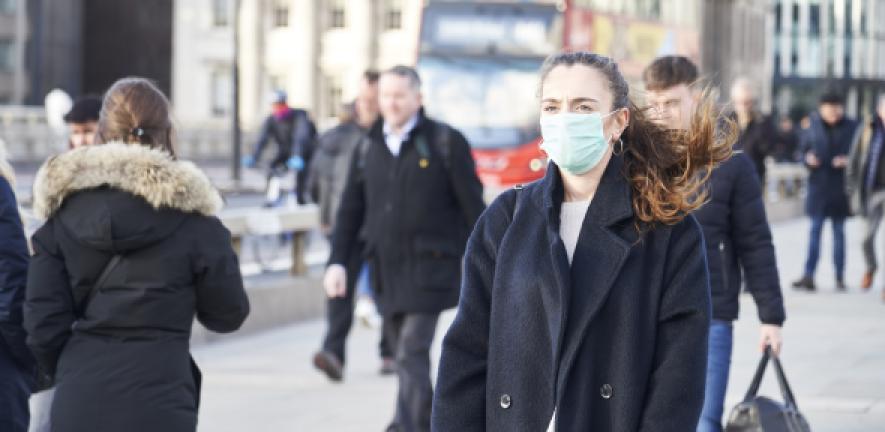
Background
The Royal Society’s Rapid Assistance in Modelling the Pandemic (RAMP) initiative brought modelling expertise from a diverse range of disciplines to support the pandemic modelling community already working on Coronavirus (COVID-19). The Newton Gateway is now working with the follow-on initiative (funded by EPSRC) - the RAMP Continuity Network – to help deliver a series of meetings, workshops and virtual study groups to take forward promising and relevant areas of research .
This two day science meeting brought together two longer term research activities – urban analytics and human dynamics in small spaces. These RAMP-initiated projects are inter-related and differ mainly in terms of geographical scale. This event helped fulfil a key aim to maintain strong communication links between them, as well as extending to other relevant communities around COVID-19. It will also seek to continue to gain further insights as lockdown restrictions are loosened in the coming months in order to provide supporting evidence and assistance to the scientists advising the government on national and local policy responses using urban analytics and spatial modelling. There are important implications for extending these models to embrace key social and economic issues that result from the pandemic and will be explored through future workshops.
These RAMP groups have been modelling the transmission of the virus in urban areas and small spaces, through mobility and interactions of people and how this would respond to different policy interventions. Regional differences in infection rate are particularly of interest, as these could show that it may be safe to send people back to work or school in one area of the country but not another. The groups have been looking at which decisions have the greatest impact and where they are most likely to be felt. This event offereed an opportunity to catch up with core model development, various research strands and progress on demonstrator projects, as well as facilitating engagement with the wider mathematical modelling and epidemiology communities.
Aims and Objectives
Building on the work begun by RAMP, this two-day science meeting reviewed existing work and identified where further research is most urgently needed. The meeting included updates on model and simulator development and demonstrator projects. There were updates on the status of getting to national capability and integration with policy makers.
As well as two key note talks at the start and finish, the event included the following sessions:
• Micro modelling and simulation
• Spatial epidemic modelling
• Stakeholders perspectives
Contributions from other stakeholders included areas such as transport, retail, urban environments, local policy making and the wider societal implications such as in urban poverty and inequalities.
Registration
Registration of this event is now closed.

